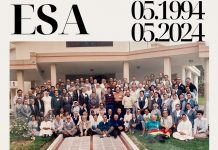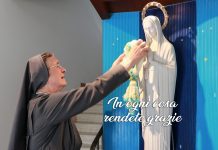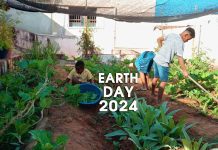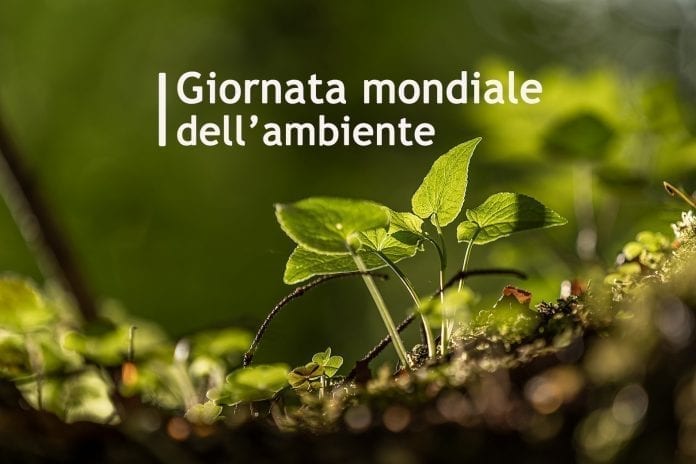Rome (Italy) World Environment Day, celebrated by the United Nations General Assembly in 1972 to celebrate humanity’s environmental responsibilities, is celebrated on 5 June 2020. The slogan of the 2020 edition is Time for Nature and the theme is Biodiversity:
“The food we eat, the air we breathe, the water we drink, and the climate that makes our planet habitable, all come from nature. In these uncommon times, nature is sending us a message: to take care of ourselves, we must take care of nature.” ( Web Site World Environment Day )
Biodiversity supports all terrestrial and marine life and affects every aspect of human health, assuring us air and clean water, nourishing foods, resistance to diseases, and mitigation of climate changes. The modification or removal of an element in this circuit, influences the entire life system and can produce negative consequences. Recent events, like the forest fires in Brazil, in the United States, and in Australia; the invasion of locusts in East Africa, and presently, the Covid-19 Pandemic, highlight the inter-dependence between human beings and the ecosystems. The loss of biodiversity risks producing serious effects on humanity.
In his homily at the beginning of his Pontificate (19 March 2013), Pope Francis pointed out: “We take care of Christ in our life, to take care of the others, to take care of creation.” On the occasion of the Week of Laudato Sì, which took place from 16 to 24 May, on the theme “Everything is Connected”, the Holy Father invited the Catholic communities of the whole world to study their own commitment to safeguarding Creation and to the promotion of an integral ecology.
Sr. Runita Borja, Councilor for Youth Ministry of the Institute of the Daughters of Mary Help of Christians, writes, “With the experience of the pandemic, we recognize that we are all connected. We are connected to God, among ourselves, and with all of creation. When one of these ties is interrupted, there can be negative consequences: global warming, desertification, war, poverty, hunger, violations of human rights. But the good can also have a chain reaction and this is seen in the initiatives of solidarity activated to face the consequences of the pandemic.
‘I came so that all may have life and life in abundance’ (Jn 10: 10): thus Jesus presents the mission, a response to the question about the meaning of life. Life is a gift received and a gift to share. All are part of the story that we are living and building. Here is the root of our responsibility toward creation. To love God and to love our neighbor means taking care of humankind and all of creation, feeling responsible for the future of the young generations!”
We recall the appeal of Pope Francis in Laudato Sì, inviting the Educating Communities to make three gestures: pray for and with creation, live simply, promote the care of our common home.
For World Environment Day and for the month of June, he urges us “to give time for nature” with contemplation, care for creation, a relaxed rhythm of life, a moderate lifestyle.
He then proposes a concrete initiative: take some photos that express the moments – personal, as families, as groups – dedicated to the care of nature and share them with the Educating Communities on social networks, using the hashtags:
#fornature #porlanaturaleza #pourlanature #pelanatureza #perlanatura




















